2023-11-08
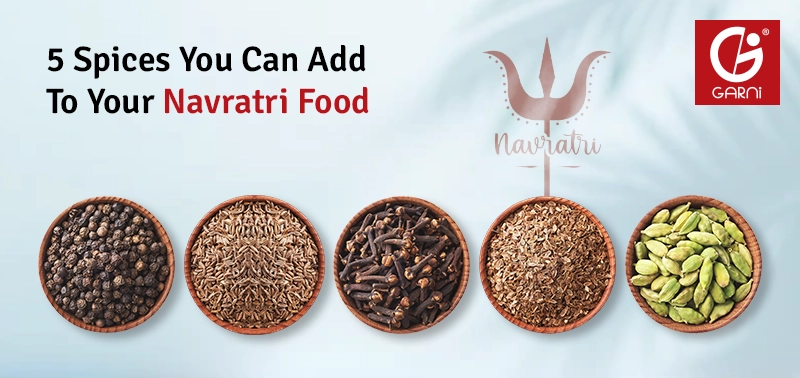
Navratri is an auspicious bi-annual Hindu festival held in reverence and honour of the goddess Durga. It spans over a duration of nine nights, and is met with long festive fervor. It is also called Durga Puja. During Navratri, devotees enter a state of fasting throughout the nine days the festival lasts, and many forgo eating meat, eggs, milk, and anything from the animal kingdom. Furthermore, they also choose to not eat garlic, onion, garam masala, and a few other spices, choosing to eat bland food instead. In order to combat food cravings during this time, especially for those fasting, meeting the requirements of the festival while also eating something that stimulates the tastebuds is necessary. Thus, a list of five spices that are allowed to be added to navratri food has been given below.
Cumin
Cumin, also known as jeera in Hindi, is a highly popular spice that is allowed to consume during Navratri, even while fasting. It is the dried seed of a herb called Cuminum cyminum, which belongs to the parsley family. Cumin can be eaten raw, roasted, or even after being ground to powder. It has a strong, wood-like smell and a nutty taste. It is often added to rice and other dishes to enhance their flavour and make use of its strong digestive properties.
Cloves
Cloves, also known as laung in Hindi, are one of the whole spices used in cooking. They are mainly added raw to enhance taste. Cloves are actually the flower buds of a tree, lending to its extremely pungent taste. They have a varied smell, identified as both sweet and spicy, and sometimes even woody. They are safe to consume during Navratri, whether one is fasting or not. However, the addition of cloves to Navratri dishes should be conducted in moderation due to their strong taste.
Black Pepper
The proud King of Spices, black pepper is one of the most popular cooking ingredients found in most of the cuisines across the world. It is another one of the spices permitted for use during Navratri, even if the one wanting to consume it is fasting. It can be used in a variety of dishes without reserve, adding a slightly hot, strongly aromatic, and an overall delectable flavour.
Green Cardamom
Famously known as the Queen of Spices, green cardamom, or elaichi, is another one of the spices allowed to be used during Navratri. It is added to dishes to enhance the flavour profile, and acts as a frequent ingredient to Indian chai. Its sweet, smoky taste and fragrant aroma make it a popular spice. Green Cardamom has antioxidant and diuretic properties, and even helps treat bad breath. It is also easy to add to dishes!
Ajwain
Ajwain, also known as carom, is an herb frequently used in Indian cuisine. It is permitted for one to consume ajwain during Navratri. Ajwain has both a strong, pungent smell and sharp taste. It is, however, famous for its health benefits. It has antibacterial, antifungal, anti-inflammatory, and antioxidant properties. It is extremely healthy to consume.
Navratri is an auspicious festival. The rules of one’s fast depend on the devotee's beliefs and family traditions. However, in most cases, it is safe to consume these spices during Navratri. May this list prove helpful to all devotees.
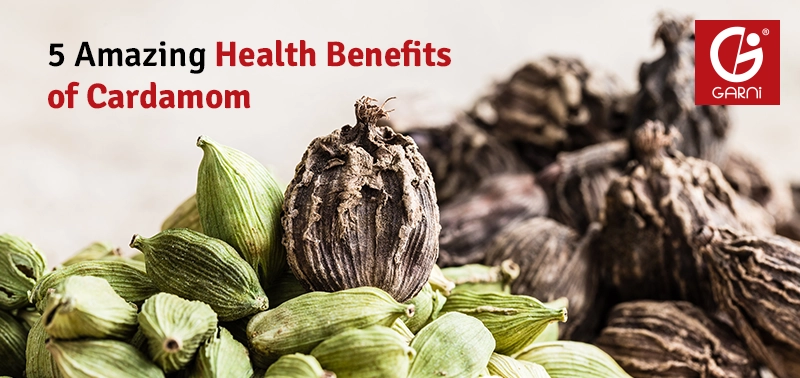
2023-10-11
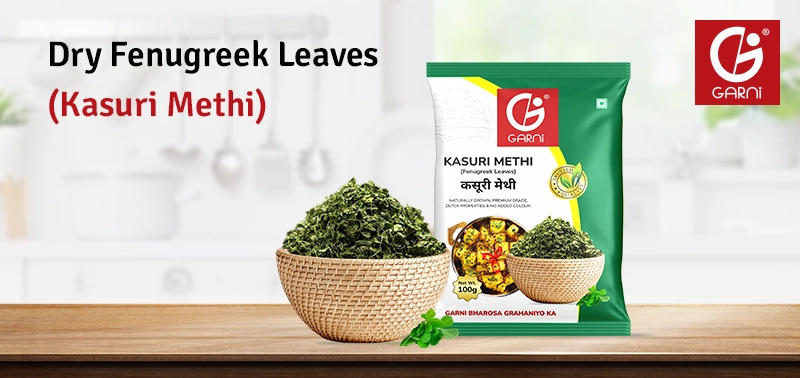
2023-10-25
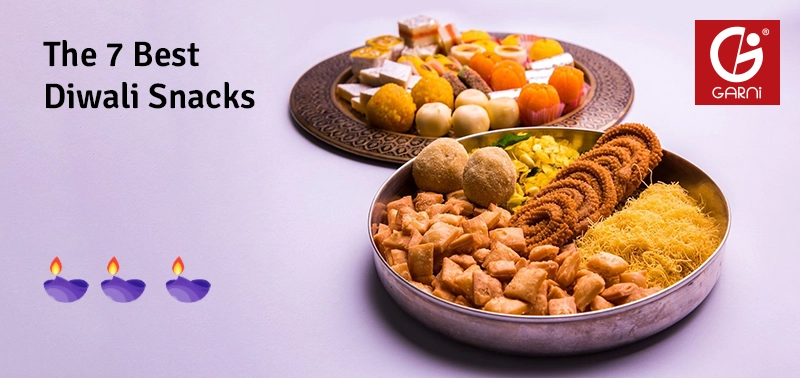
2023-11-06
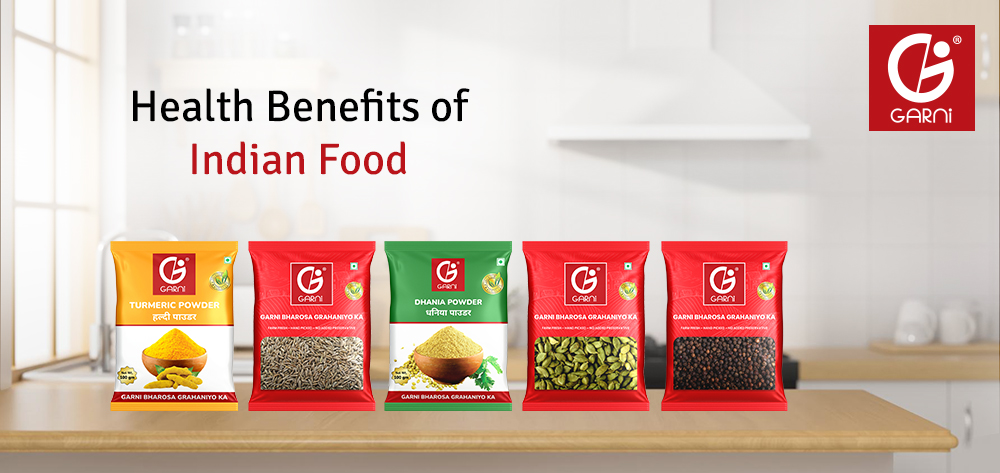
2024-05-09